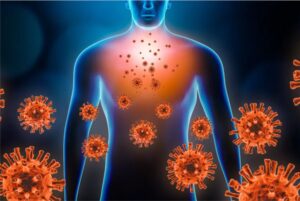Cancers of the colon and rectum are the second-most common types of cancer in Latinos—newly affecting about 16,500 people in 2021 and killing an estimated 4,700, according to American Cancer Society (ACS) estimates (PDF). Only lung and prostate cancers are responsible for more deaths.
While more people are living with the disease, risks remain for the Latino community, which faces a slew of barriers accessing U.S. healthcare, including language and cultural competency, income and a lack of health insurance. These obstacles set back providing preventive cancer approaches to all, says Jane Figueiredo, PhD, director of Community and Population Health Research at the Cedars-Sinai Samuel Oschin Comprehensive Cancer Institute.
Latinos are the least likely to get screened for colorectal cancer—less than half (49%) of eligible Hispanic adults, compared with 58% of their non-Hispanic white counterparts, ACS figures show. As a result, tumors are found later, with just 33% diagnosed in a local stage.
“In many ways, your zip code is more important than your DNA.”
“We’ve had huge setbacks in cancer because of the COVID-19 pandemic, so that number is particularly concerning because it was already low,” says Dr. Figueiredo, who leads the largest U.S. study on colorectal cancer prevention and treatment among Latinos.




